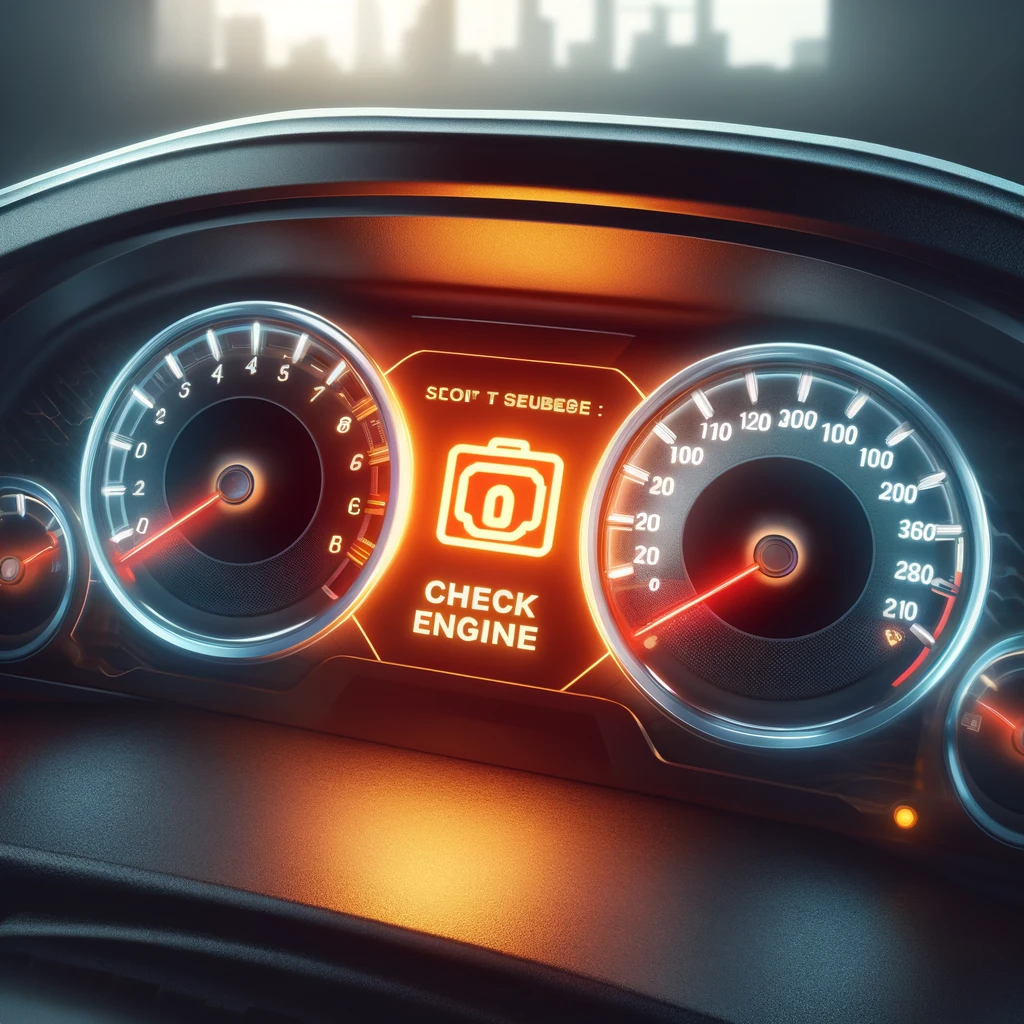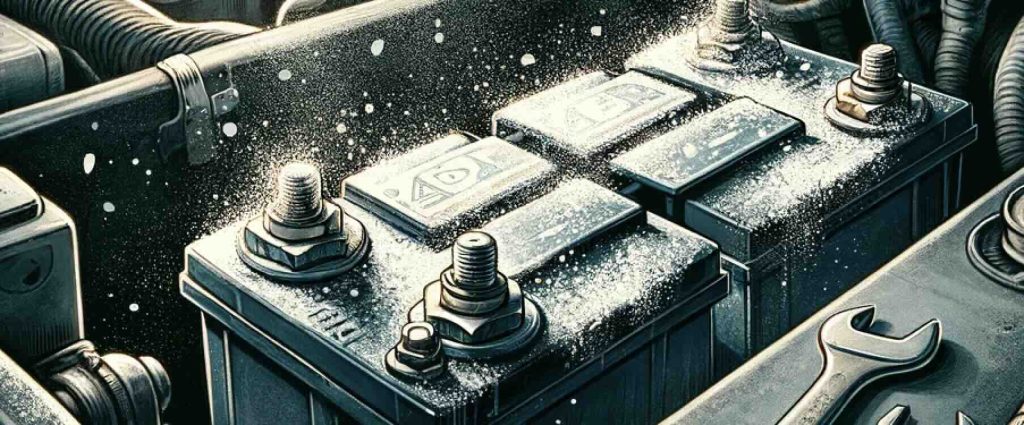Signs your car battery is dying: Have you ever tried turning on your car but you noticed that the car just wouldn’t budge, or it struggled to start? Well, it is most likely that your car battery may be going bad, and so we will look at 8 warning symptoms and signs your car battery is dying or failing.
A bad or failing car battery can disrupt your schedule and leave you stranded, yeah, I’m sure you know that which is why recognizing the early warning signs of a Failing Car Battery can help you avoid any inconveniences when you are not expecting. In this article, we’ll cover the common symptoms of a failing and dying car battery, while offering fixes slash solutions, and instances of when and how these symptoms might manifest themselves, ensuring you’re prepared to take the right action if need be.

8 Early Symptoms of a Failing Car Battery (Warning Signs Your Car Battery Is Dying)
1. Slow Engine Crank
When the engine takes longer than usual to start, often sounding sluggish during the process, it’s a clear sign that your car battery may be underperforming. This slow crank is typically more noticeable in cold weather, where the battery’s efficiency drops due to decreased chemical activity within. So if you notice this symptom, where your car engine cranks slowly, you have to test your battery’s voltage with a multimeter (which should read around 12.6 volts when in good condition and fully charged while the car engine is off). However, if your readings are occasionally or consistently low, you have to consider recharging or replacing the battery. Well before you replace it, just make sure the battery is actually bad.
2. Dimming Headlights and Electrical Issues.
When you notice dimmed headlights or flickering dashboard lights, in most cases, it is an indication of a car battery that is struggling to meet the energy demands of your vehicle. This symptom is most likely to be noticed during nighttime driving or when using multiple electrical components of your vehicle simultaneously at the same time. What you can do here is to check the battery terminals for corrosion and ensure they are clean and tightly connected, as poor connections can also cause these issues. If the problem persists, it might be time for a battery replacement.
3. Frequent Electrical Resets
If your car’s electronic settings (like clocks or radio presets) reset themselves very frequently, it’s a hint that the battery may be failing to provide a stable power supply. This most often will happen during short trips where the battery doesn’t fully charge itself. Solution: To mitigate this problem, try to maintain longer driving intervals to allow the battery to charge fully, and consider keeping a portable charger handy so you can recharge your battery when this happens to avoid getting stranded.
4. The Swollen Battery Case
A battery case that appears swollen or bloated is caused due to excessive heat, which causes the battery to overcharge and the casing to deform. This can occur during extreme summer temperatures or due to a malfunctioning voltage regulator. So what you can do here is to inspect your battery periodically, especially in hot weather. Replace the battery if the case is swollen, as it can lead to a sudden failure.
5. The Check Engine Light

Sometimes, the check engine light could be a simpler alert to a weakening battery although many drivers overlook this since the check engine light can be triggered for a variety of other reasons and issues. My recommendation when you notice a check engine light is to run a quick diagnostic check with your OBDII scanner if you have one. Otherwise, you can visit the auto parts shop for a quick diagnosis to tell if your battery is the reason for the check engine light.
6. Corroded Connectors

White, ashy deposits on the metal parts of your battery terminals can interfere with the battery’s ability to transmit power. In this case, cleaning the terminals with a solution of baking soda and water, followed by a thorough rinse with clean water, can restore the connection integrity of the connector. Apply petroleum jelly to the terminals to prevent future corrosion.
7. Age of the Battery

If you’ve driven your car for five years without a battery change, you should most likely know that your battery should be failing by now. And that is because most car batteries have a lifespan of about three to five years. Beyond this period, they are likely to fail at any time, depending on their usage and maintenance. So, if your battery is older than four years, it’s wise to start shopping for a replacement, even if no symptoms have appeared yet. This proactive approach can prevent unexpected breakdowns and leaving you stranded when you are not expecting.
8. Unusual Odors
This is not a common sign most people look out for when you talk about the signs your car battery is dying, but you have to know that a failing battery can also sometimes emit a rotten egg smell (due to leaking sulfuric acid). If you detect such an odor near your car, check the battery immediately. Leaking batteries can damage the vehicle’s metal that connects to other parts of the car which has to remain connected for your vehicle to keep operating optimally. so the battery should be replaced as soon as possible to avoid further issues
Your ability to identify these early symptoms of a failing car battery and Signs Your Car Battery Is Dying, and then, responding promptly can significantly enhance your vehicle’s reliability and will ensure that you never get stranded. Regular inspections and maintenance are key to extending the life of your battery and by extension, your vehicle. By adopting these practical solutions, you can minimize disruptions and maintain your car’s performance. Stay vigilant and keep your car running smoothly to ensure a stress-free driving experience.
Signs Your Car Battery Is Dying
